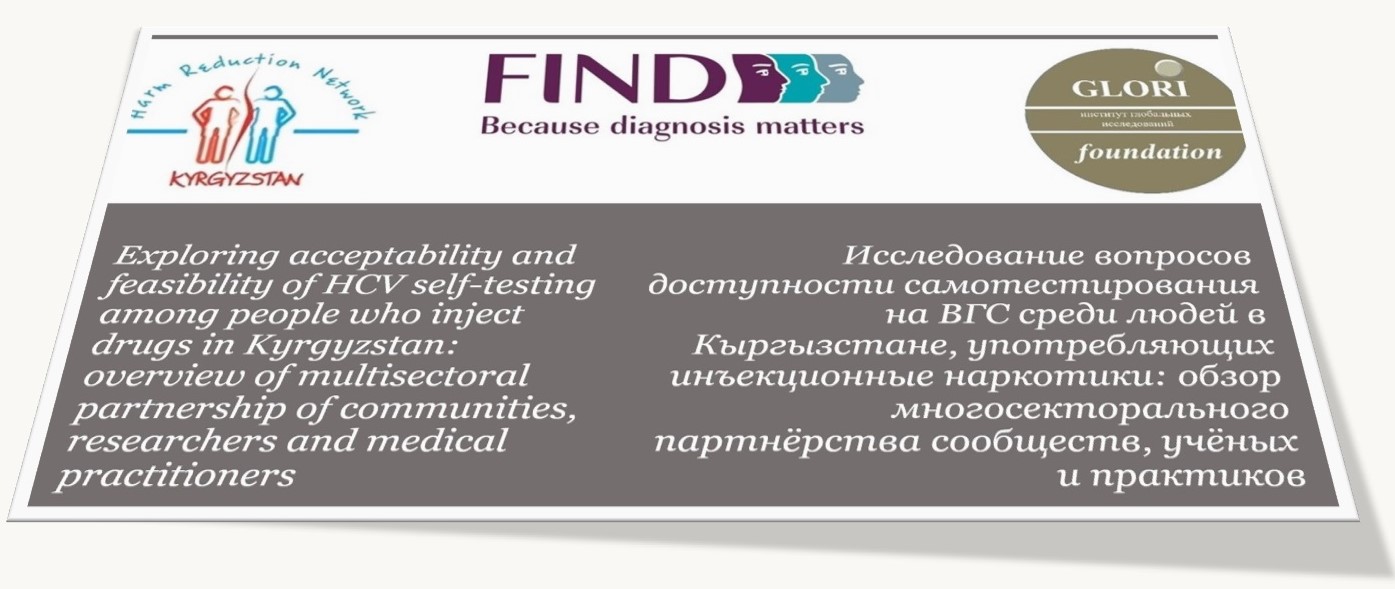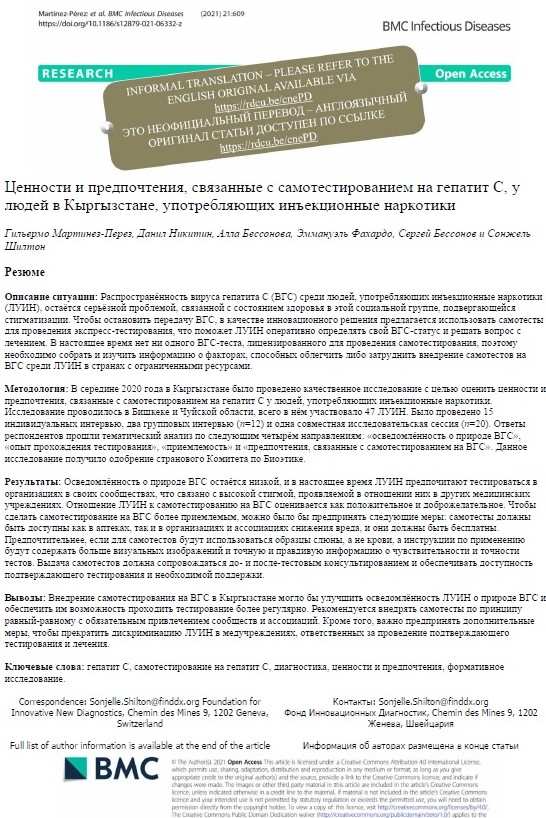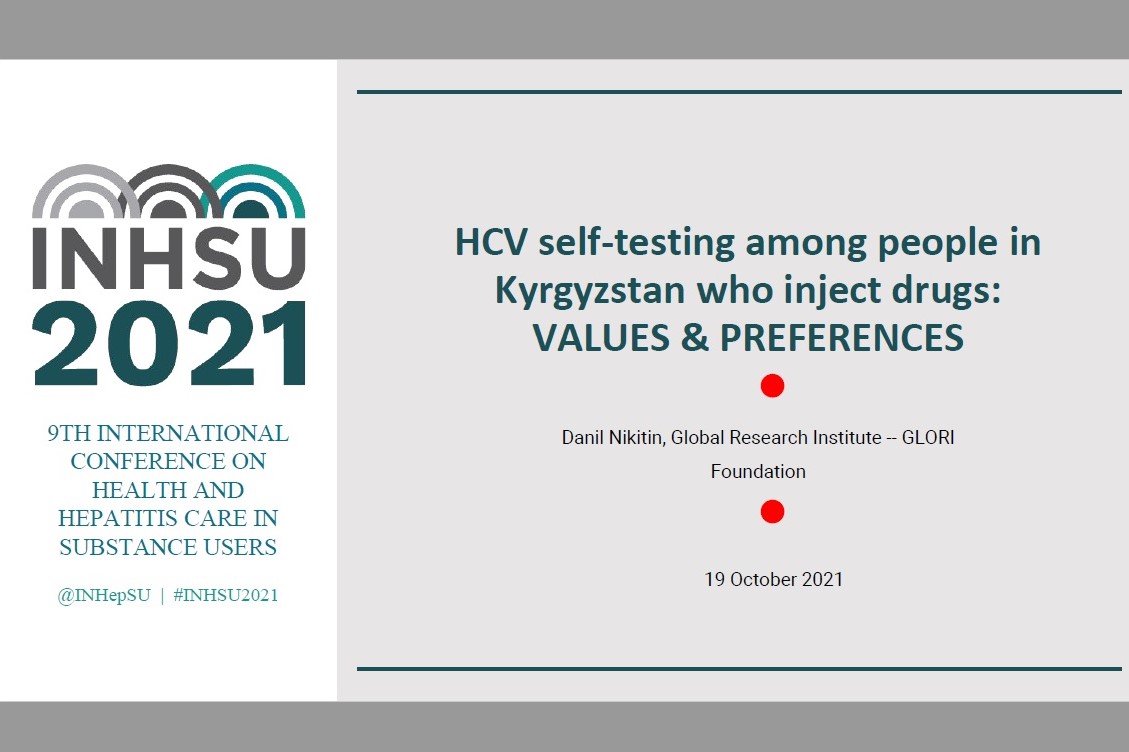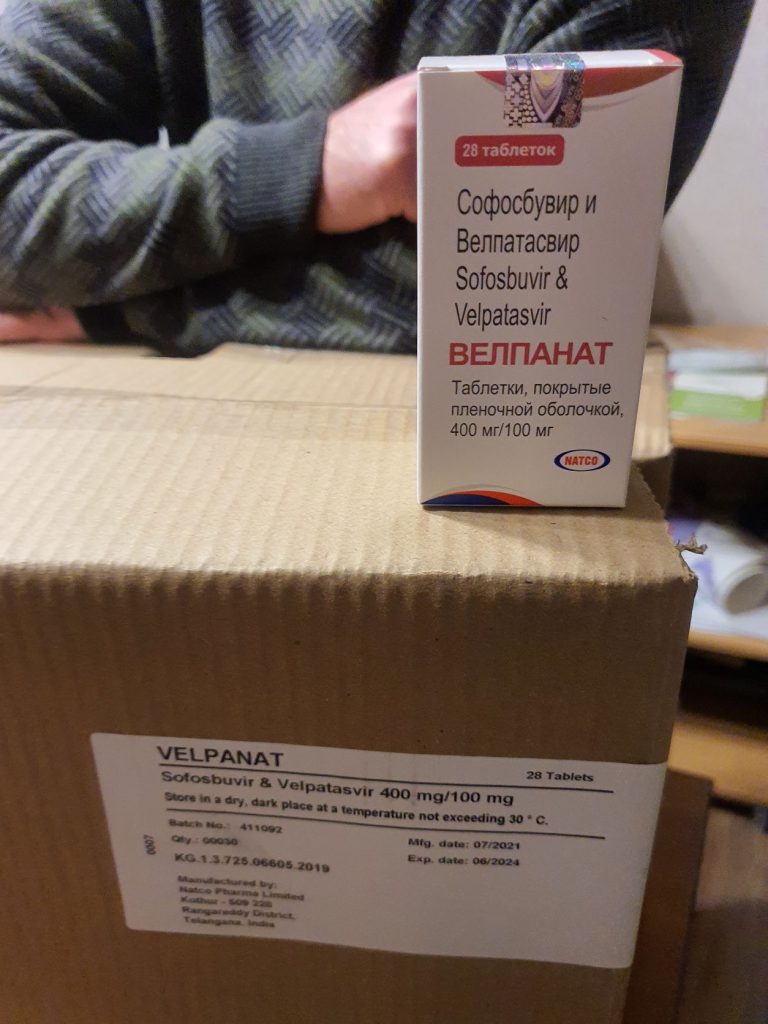
The prevalence of hepatitis C virus (HCV) among people who inject drugs (PWID) continues to be a major public-health burden in this highly stigmatised population.
To halt transmission of HCV, rapid HCV self-testing kits represent an innovative approach that could enable PWID to know their HCV status and seek treatment.
As no HCV test has yet been licensed for self-administration, it is crucial to obtain knowledge around the factors that may deter or foster delivery of HCV self-testing among PWID in resource-constrained countries.
The pilot study of the acceptability and feasibility of HCV self-testing among people who inject drugs, supported by Foundation for Innovative New Diagnostics (FIND), Geneva, Switzerland, has launched in Kyrgyzstan and selected countries. In Kyrgyzstan it will engage up to 100 people in Bishkek and Chui Region who inject drugs.
Earlier, a qualitative study to assess values and preferences relating to HCV self-testing was conducted in mid-2020 among PWID in the Bishkek and Chui regions of Kyrgyzstan. The study was supported by the International Network of People Who Use Drugs (INPUD). Forty-seven PWID participated in 15 individual interviews, two group interviews (n = 12) and one participatory action-research session (n = 20).
Responses were analyzed using a thematic analysis approach with 4 predefined themes: awareness of HCV and current HCV testing experiences, and acceptability and service delivery preferences for HCV self-testing.
Informants’ insights were analyzed using a thematic analysis approach. This research received local ethics approval, and the findings were published at the BMC Infectious Diseases Journal. For the visitors who cannot speak English well yet, the informal Russian translation of the article is available through the following link:
In October 2021 the International Network on Health and Hepatitis in Substance Users (INHSU) conducted an online conference where the Kyrgyz-specific data on drug users’ values and preferences regarding HCV self-testing were presented. The English slides presented at the INHSU are available through the following link:
The English-Russian webinar on exploring acceptability and feasibility of HCV self-testing among people who inject drugs in Kyrgyzstan with an overview of multisectoral partnership of communities, researchers and medical practitioners, was conducted recently. The objectives of the webinar were to present the results of the recently completed study on values and preferences for hepatitis C self-testing among people who inject drugs in Kyrgyzstan, and inform the partners and stakeholders of the launched study aiming at determining the ability to manage HCV self-test using observed testing model.
Key-note speakers included Sonjelle Shilton, Aibek Bekbolotov, Elena Ivanova Reipold, Guillermo Martinez Perez, Alla Bessonova, Sergei Bessonov, and Danil Nikitin.

Sonjelle joined FIND in January 2017 and is currently Hepatitis Lead, following a three-year role as Deputy Head HCV Access. Sonjelle started her career in public health as Director of Operations of HardtHaven, a community-based health outreach organization in rural Ghana. She has over 15 years of experience in leading programmes and implementation science studies. Her time in Ghana cemented her dedication to public health approaches that are collaboratively designed and implemented with rigorous and meaningful data capture. More recently, Sonjelle worked with the M&E team at Gavi coordinating multi-country, multi-year, prospective Full Country Evaluations. She attained a Master of Global Public Health and the Global WACh Graduate Certificate for integrated health of Women, Adolescents and Children from the University of Washington, USA.
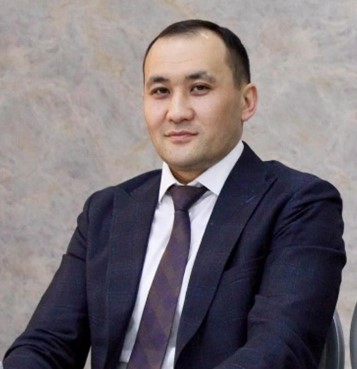
Dr Aibek Bekbolotov is a Deputy Director General at the Republican AIDS Center. AIDS Center is the key coordinating body for the National HIV Programme that cooperates with multiple international and non-governmental organizations working in the area of socially significant diseases. Currently AIDS Center implements efforts on advancing PrEP, self-teasing and providing support to NGOs at the cost of the government budget for applying prevention in key populations. Prior to joining AIDS Center, Dr Bekbolotov had been working in regional AIDS-servicing authorities and was among designers of the current national HIV treatment clinical guidelines. Dr Bekbolotov co-leads development of the national M&E report on HIV, estimating the PLWH prevalence, as well as coordinates design of treatment and care standards for key populations as a part of the state order.
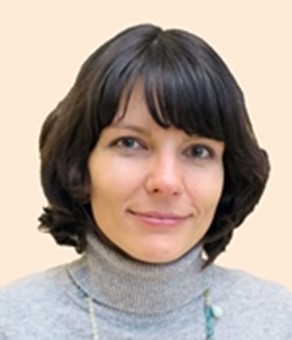
Dr Elena Ivanova Reipold joined FIND in 2016 and is currently Technology Innovation Lead following her three-year role as Deputy Head HCV R&D. She comes to FIND following the Swiss Federal training programme for the founder of knowledge- and technology-based companies, where she developed a project on HCV point-of-care diagnosis. Elena earned her MD in clinical biochemistry from Siberian State Medical University, Tomsk, Russia. While completing her PhD in molecular biology from Engelhardt Institute of Molecular Biology, Moscow, she worked on the structural and functional relationships of proteins. In 2009, Elena was postdoctoral fellow at the University of Geneva, where she studied protein-protein and protein-RNA interactions, mechanisms of viral protein synthesis, and cellular response to viral infections in human cells. After receiving her PhD and before doing her postdoctoral work, Elena worked for a short while for the biotech company ChemRAR Ltd., where she was involved in high-throughput screening assays for drug discovery.

Dr Guillermo Martinez Perez joined FIND in 2020. With a background in History and Nursing-Podiatry, he has over twelve years managerial and research experience in cooperation for development, humanitarian aid, and operations research projects in sub-Saharan Africa. He joined FIND to continue social research on diagnostics for infectious diseases as a tool for patient and communities’ empowerment. Following his work on HIV self-testing in South Africa former assistant professor, he is currently engaged as lead social scientist in FIND-led values and preferences research on Hepatitis C self-testing, Covid-19 self-testing, and glucose monitoring devices.

Alla Bessonova is a Project Coordinator at the Kyrgyz Harm Reduction Network Association and runs the Women’s Network of Key Communities whose mission is to defend rights of women and girls from most at-risk groups especially vulnerable to HIV and other socially significant diseases. Alla coordinates nation-wide and regional projects focusing on enhancing access healthcare services, fighting violence towards women, developing women’s activism and advancing opportunities to be engaged in policy-making and public decision-making processes.
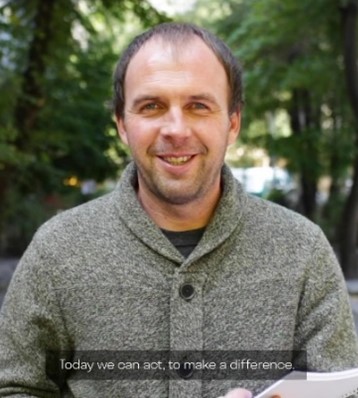
Sergei Bessonov is the Executive Director with the Kyrgyz Harm Reduction Network Association whose mission is advancing harm reduction programs and policies, engagement in the national policy-making processes and development of the strategy on prevention of drug misuse, HIV, TB, HCV and other socially significant diseases in vulnerable groups. Sergei has educational background in economics and sociology and coordinates country-wide projects. It was with Sergei’s primary involvement that the project on advancing Naloxone use supported by WHO and UNODC, was successfully applied for providing support to people under risk of opioid overdose.
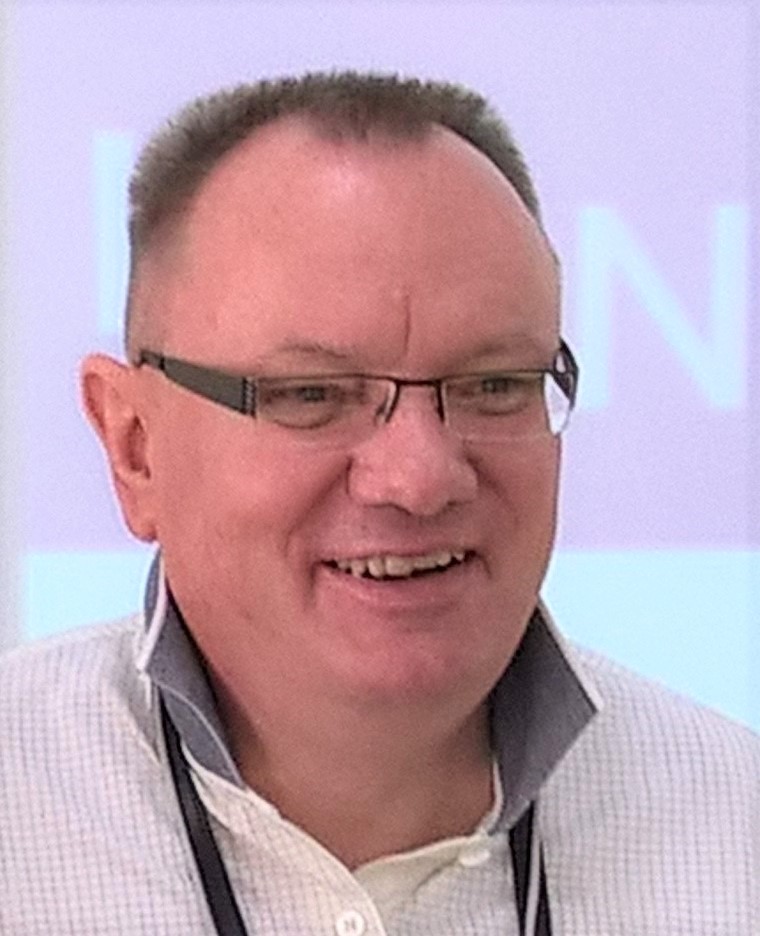
Since 2007 Danil Nikitin has been representing the Global Health Research Center of Central Asia, and heading the Global Research Institute (GLORI Foundation) since 2011. He earned his Masters in Social Work from Columbia in 2006. Internship with the UJA-Federation, Open Society Institute, and Social Intervention Group at Columbia University contributed a lot to his professional development. Prior to the graduate studies, he worked with Osh Regional Narcological Center as a program administrator. After graduating from Columbia, Danil returned to Kyrgyzstan and as a Director, PI and co-investigator, led intervention research focused on GBV and HIV prevention in drug-using communities.
Below is the video-recording of the English-Russian webinar conducted in September 2021:
